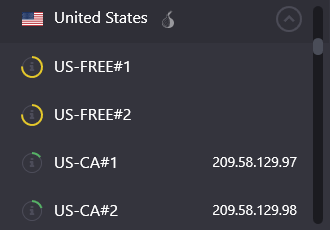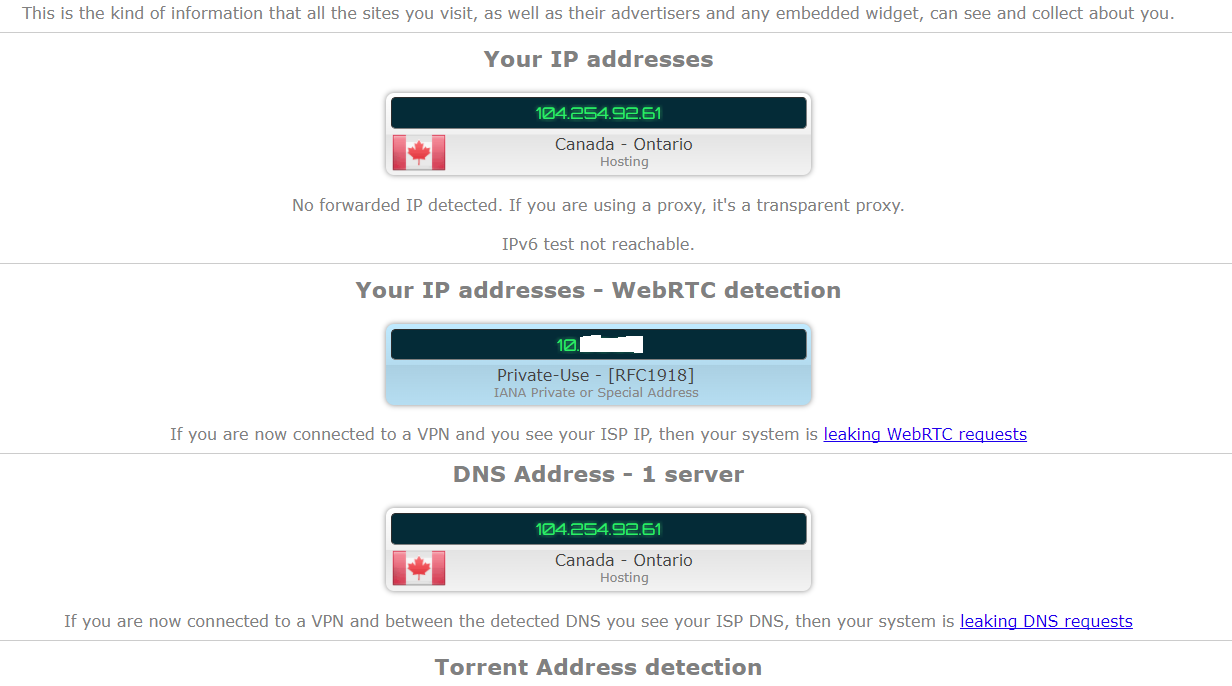What is the best outdoor knife?
Those who know me well know that I love the outdoors and I love knives. If I were stranded on an island and could only bring one home comfort, it would be an outdoor knife. Having many outdoor enthusiast readers, I am regularly asked what knife I like best.
When I first started studying survival skills, I had the misguided belief that the more expensive your equipment, the better it must be. I quickly learned that this wasn't always the case and sometimes even the most basic tool, used correctly, could be a lifesaver.
Nowhere is this more true than outdoor (camping or survival knives). I say outdoor because my choice for an everyday carry knife is very different.
Outdoors you say?
I have been camping for 30+ years and have been interested in wilderness survival and native survival skills for the last five years. I have been fortunate enough to have participated in training camps with some of the industries most recognized names in forests hours from the nearest city.
While camping or during a survival event, a knife could be the difference between life and death. It can help you catch & process food, build shelter, start a fire and much more. In the wild, I can
- make a natural "sleeping bag" with logs and leaves
- make utensils and plates from logs
- use rocks as cookware on a fire
What I can't make in the wild is a knife. Sure you can use a sharp rock, but that won't allow you to batton firewood or perform any of the hundreds of tasks a real sturdy knife can.
Let's be clear, a knife without training won't save your life. But with decent knowledge, a bit of practice and a good knife, you can save your life even in the most treacherous environment.
What about a multitool?
I carry a Victorinox Swiss Champ with me every day (EDC). I wouldn't leave home without it. I own and carry various dependable leatherman multitools, but in the wild, I want a knife. A multitool just wouldn't be able to take the abuse of real outdoor survival. You try batoning a log with a multitool and see how long it lasts.
Aren't all survival knives the same?
The answer is No. Just in case you were confused, the answer is no, no and no. Go to any Walmart, and you will find a dozen knives marked as survival knives. Most are garbage, but unless you are an experienced user, you will undoubtedly be overwhelmed with conflicting marketing messages and the sheer number of possible options.
An excellent outdoor knife will:
- Be a multi-use item but not a multi-tool. You will have to stay away from the specialized products (e.g., blades with hooks to help gut a catch, a tanto point to stab, etc.)
- Be durable in the field. You need a tool that is designed to last and won't fail you when you need it most. Remember "that which can fail will fail." This is why I stay away from folding knives when looking for the ideal outdoor knife.
- Be built for survival and hard use. The ideal knife must be full-tang which means the blade's steel runs into the handle. Some knives have a long thick tang in the handle (typically more expensive), while others use a skinnier metal body in the handle (typically less expensive).
- Be budget friendly. The more expensive your knife, the less likely you are to use and abuse it. The knife must be "expensive enough" to be well designed and crafted using quality materials, yet cheap enough that you will use it in the wild (you can't cry every time you baton logs with it).
What characteristics should I look for?
Blade: My preference is the Scandinavian grind (SG). The SG is a wide flat bevel (V) that wind to the end of the blade. There is no secondary bevel. This produces a knife with excellent cut control. It is slightly more fragile than over edges and can be strengthened with a slight secondary bevel. This is a blade edge that is easy to maintain in the field with a single sharpening stone and sharpening requires less skill [compared to other edges].
Length: Blade length is a very personal decision, but I have found 4-6" to be the sweet spot. Too short and the knife's usefulness is greatly diminished. Too long and the blade will be difficult to control and will be on your way when hanging on your belt.
Price: As mentioned earlier, it has to be expensive enough to be well built from quality materials. It shouldn't be too expensive causing you to avoid using it in the field.
What is the best outdoor knife?
If I had to pick one knife right now that I would want in a survival situation, it would be the Morakniv Garberg MultiMount. Anyone interested in camping or survival has probably heard of MoraKniv. The poster child for Mora knives (Mora is a region in Sweden) is Cody Lundin from the Aboriginal Living Skills School and TV personality.
The Garberg meets all of my requires. It is durable, versatile, easy to maintain in the field and affordable. I have used the cheaper $20 Mora knives in the early days, and most of them are still in my collection today and are regularly used.
The MoraKniv Garberg has a simple but comfortable plastic handle which means you have better control and won't have hand pain after extended use.
It is a full-tang knife, which means it can withstand the abuse of batoning. You can easily baton 3.5-4inch pieces of wood with ease.
The Morakiv Garberg uses 14C28N stainless steel which does not rust, hold's an edge relatively well and is easy to sharpen in the wild with a stone. Surprise surprise it has a Scandinavian grind.
The back end of the blade has a 90-degree spine so you can use it with magnesium or a feral rod to start a fire.
The Garberg comes with a nice sheath that works well for righties or lefties. Mora also included Velcro straps that allow you to easily hang the knife on a free or a backpack (Molle attachment). The blade is made from rust-resistant stainless steel but Mora still included drainage holes in the sheath (a nice touch).
To make a good knife deal even better, Morakniv offers a lifetime warranty that covers defects. As long as you have maintained the knife according to their guidelines and haven't abused the product, Morakniv will fix or replace the product if you have any issues (this is their Knife for Life guarantee).
The price
This is not a sponsored post so I won't link to any specific retailer but you should be able to buy a Morakniv Garberg Multi-Mount (make sure you pick up the multi-mount version) for $70-$80 USD (~$125CAD). Online retailers, you can check out include:
- USA: Amazon, KnifeCenter, Cutlery USA, MEC, etc.
- Canada: Adventure Pro Zone, Canadian Outdoor Equipment, Bushcraft Canada, etc
- Europe: Bushgear UK, Knives, and Tools, Amazon, etc.
Make sure you shop around because prices can be $10-30 different per site for the same item.
You sure?
I have tested over 50 knives in the last 3 years and conducted hours of research before choosing this knife. I take this type of review seriously and put in the hours, so you don't have to. As I write this (December 2017) The Morakniv Garber multi-mount is the best deal on an outdoor knife available. The offers the biggest band for the buck and has the least negative characteristics.
Link to Morakniv
Note: This is not a sponsored review.














